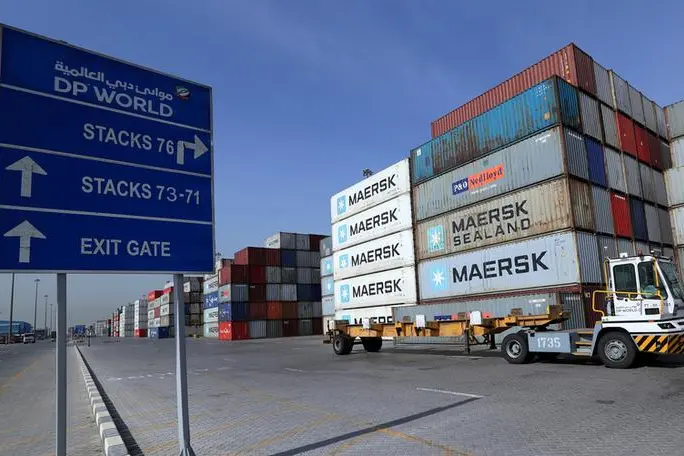PHOTO
The UAE, Saudi Arabia and Qatar are among the top 10 logistics markets in the 2020 Agility Emerging Markets Logistics Index. China and India lead the list, at first and second place, respectively.
The Index, which is based on a survey of 780 supply chain professionals across 50 countries, also revealed that a big majority (64 percent) of respondents see a global recession in 2020, while only 12 percent believe that a recession is an unlikely event this year.
The Arabian Gulf countries outperformed most other emerging market regions in the 11th annual Agility Index which was put together by the Kuwait-headquartered logistics firm Agility in partnership with the British research company Transport Intelligence. The index is a broad gauge of competitiveness based on logistics strength and business fundamentals, said a statement from the company.
In the GCC, the UAE (3), Saudi Arabia (6), Qatar (7), Oman (14), Bahrain (15) and Kuwait (19) were ranked highly in the index.
For the first time since its launch in 2008, the UAE featured in the top 10 list of all three individual sub-indices of the Index – domestic logistics, business fundamentals and international logistics. The jump in the rankings is the result of the country’s continued open financial sector, transparent regulatory system and corruption protection frameworks and its progress towards a comprehensive national SME development strategy, according to Agility.
Overall, the surveyed supply chain professionals were bearish on global economic growth. Downward pressure on global trade volumes, uncertain growth prospects and the ongoing trade war between the US and China are driving this belief, said Bassel El Dabbagh, Regional Director for Chemical Logistics at Agility for the Middle East and Africa.
Forty-two percent of those surveyed say a prolonged trade standoff between the US and China could benefit Southeast Asian countries, which offer manufacturing and sourcing alternatives to China. This is less, however, than 56 per cent who said last year that Southeast Asia would benefit.
According to El Dabbagh, the decline in trade volumes, sluggish international trade and the rising consumption of domestic goods in emerging markets are some of the trends that are dominating the logistics industry. “With an uptick in domestic production in emerging markets, the consumption is local and hence the international trade is affected negatively,” he said.
On Agility’s green initiatives, El Dabbagh said his company invested $18 million in green initiatives through Agility Ventures in upcoming green companies.
“We are focusing on sustainability initiatives to reap benefits of circular economy. We’ve started tracking CO2 emissions in movements of customer goods to track, measure and control emissions. Also, we are making our warehouses energy efficient by installing solar panels, using LED lights and electric forklifts,” he concluded.
In the wider Middle East, Egypt showed significant gains across all indices. On the overall index, Egypt rose six spots to number 20, while leaping 10 spots on the business fundamentals chart (17), six spots on the domestic opportunities index (13) and jumping five spots on the international opportunities index (23).
Agility’s Index-cum-Survey found that top three factors that keep small businesses out of global trade are trade bureaucracy (17 per cent), government/border instability (14 per cent) and inability to compete with larger rivals (14 per cent).
The top five “megacity” emerging markets logistics hubs are Shanghai, New Delhi, Sao Paulo, Jakarta and Mexico City, said the study. Megacities – urban centres with populations of 10 million or more – require vast logistics support to meet domestic needs and engage in trade, it said.
According to the survey, the least potential logistics markets in 2020 are Syria, Iran, Venezuela, Iraq and Libya,
(Writing by Atique Naqvi, edited by Seban Scaria)
Disclaimer: This article is provided for informational purposes only. The content does not provide tax, legal or investment advice or opinion regarding the suitability, value or profitability of any particular security, portfolio or investment strategy. Read our full disclaimer policy here.
© ZAWYA 2020





















